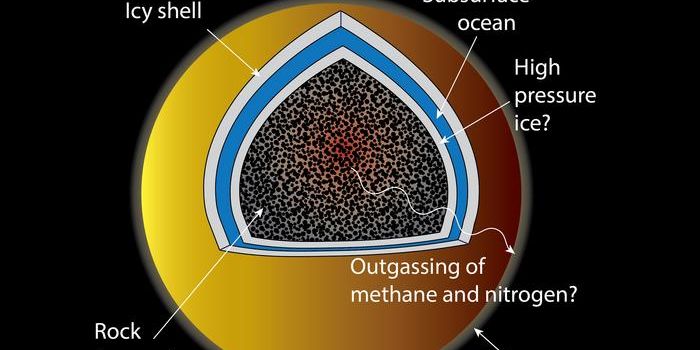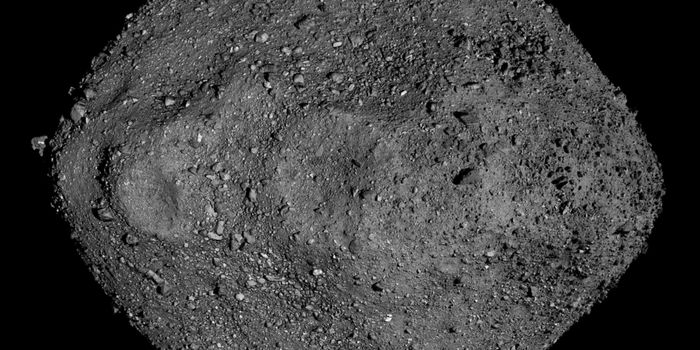AI Accurately Predicts if Someone Will Die of Cardiac Arrest
Cardiac arrest occurs when the heart suddenly stops working, usually leading to the inability to breathe or a loss of consciousness as the result of reduced blood flow to the brain. If not treated immediately, cardiac arrest can lead to serious disability or death.
There are several factors that can put someone at increased risk of experiencing sudden cardiac arrest. The three most common factors however, include the following:
- Arrhythmias. Characterized by abnormal heartbeats, arrhythmias are often caused by changes in the electrical signals the brain sends to the heart, causing the heart to beat out of rhythm.
- Cardiomyopathy. This condition essentially refers to an enlarged heart, where heart muscle becomes thick. Thicker muscle prevents the heart from pumping effectively.
- Coronary artery disease (CAD). This is the most common type of heart disease, and is characterized by a buildup of plaque blockages in the heart.
Despite common risk factors being known, determining who is most at risk of cardiac arrest and when it might happen is still challenging for clinicians. Researchers at Johns Hopkins University are looking to leverage artificial technology to support clinical decision making by trying to predict patients most at risk of dying from a sudden cardiac arrest and potentially improve the odds of survival. Their efforts are published in a recent edition of Nature Cardiovascular Research.
The research team points to discrepancies in how care is provided and the challenges in giving people the care they need for cardiac arrest. For example, some people who are at high risk of sudden cardiac arrest simply don’t get the care they need.
To address this problem, researchers developed an artificial learning technology called the Survival Study of Cardiac Arrhythmia Risk (SSCAR) to build profiles and risk assessments for individual patients with heart disease. These assessments include highly accurate predictions on when someone is most likely, if at all, to experience cardiac arrest. What’s more, the predictions were far more accurate than a physicians following clinical validation of patients from over 60 health centers in the U.S.
To train the AI, researchers used enhanced heart images that include scarring from actual cardiac patients at Johns Hopkins. The AI is able to then detect and trace patterns in scarring, for example, that a doctor might not be able to notice. This ability is what lends to more accurate predictions about cardiac events.
Sources: Science Daily; Nature Cardiovascular Research








